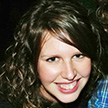
Emma Stewart
So many great questions to answer!!
Favourite Thing: Discovering more about how the brain works, and getting to travel around the world to learn even more at conferences!
My CV
School:
Pembroke School, 1997-2004
University:
2005-2008: Bachelor of Arts (Psychology) and Diploma of Languages (French), 2009: Bachelor of Health Sciences (Honours), 2005 to present: Bachelor of Law, 2010 to present: PhD in Medicine (Psychology). University of Adelaide.
Work History:
I worked at Dominos Pizza in 2005-2006, then as a legal/admin assistant at a large building company from 2006-2007, an admin assistant at the Adelaide University Union in 2009, and now I teach 2nd and 3rd year students at University.
Employer:
The University of Adelaide
Current Job:
I’m doing my PhD! I also teach undergrads in Psychology courses at Uni.
My Interview
My profile link:
https://braina13.imascientist.org.au/profile/emmastewart/



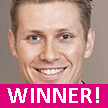
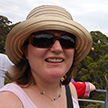
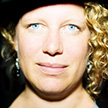




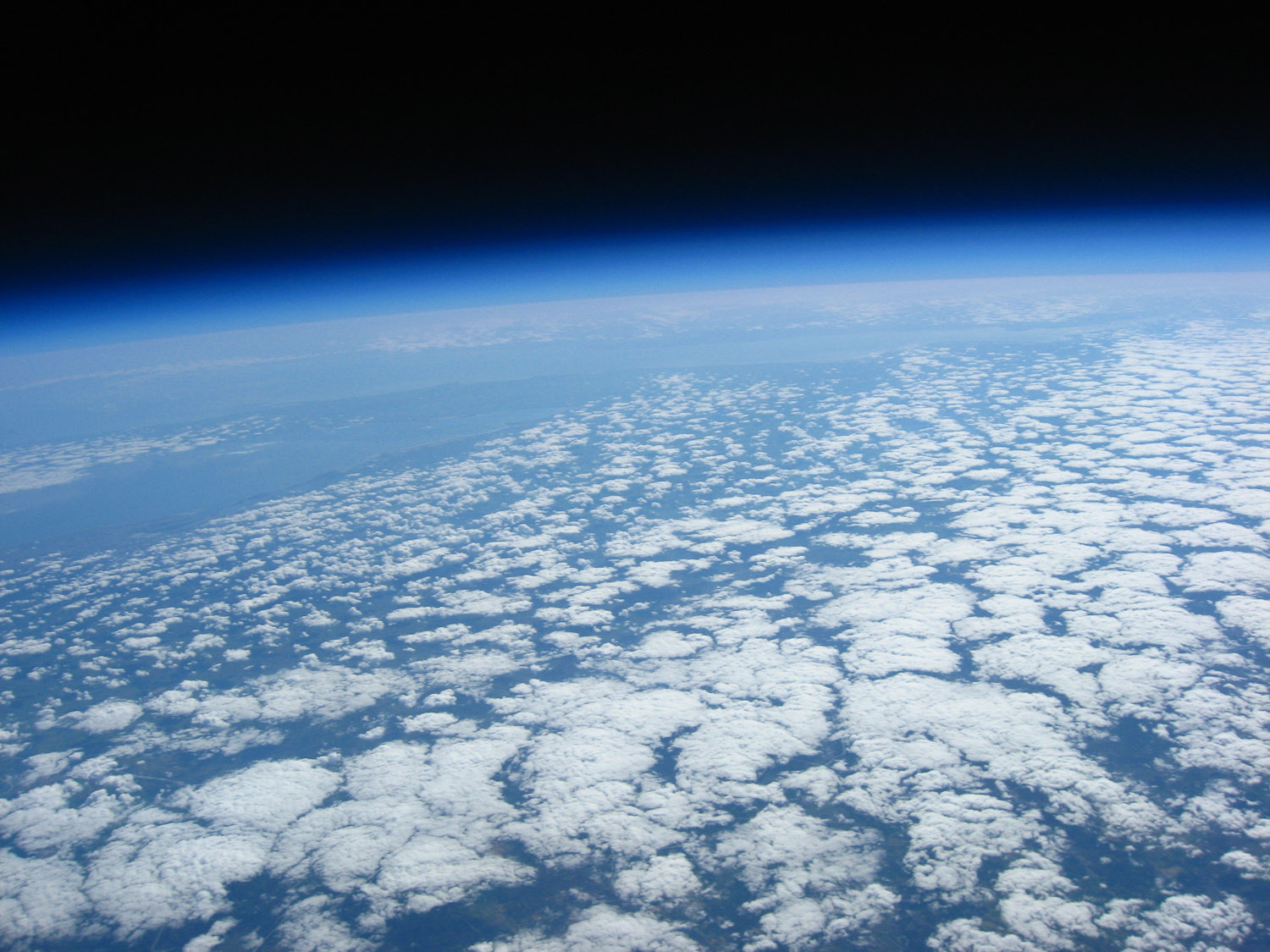
 Print this profile
Print this profile